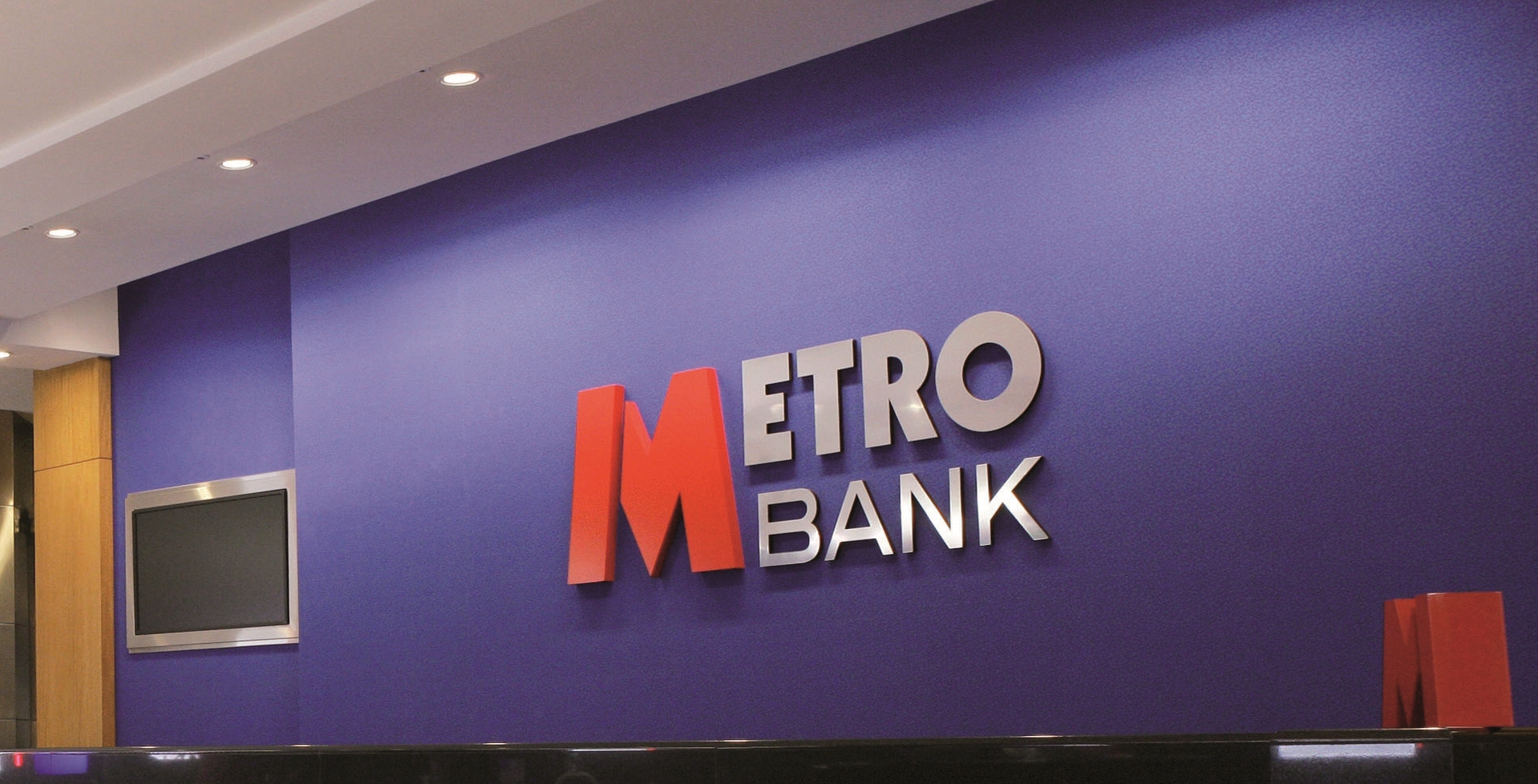
The lender posted a pre-tax loss of £60.2m from £138.9m a year ago, as its growing consumer loan and specialist mortgage operations, were offset by the attrition of lower-yielding residential mortgages and commercial term loans including commercial real estate.
The business says it is on track to hit a monthly breakeven in the first quarter of next year “assuming no material deterioration in the macroeconomic environment”.
The bank says that retail mortgages, which remains the largest part of its lending book at 54%, were broadly flat over the period. The lender says these loans are shifting away from lower-yielding residential mortgages to focus on specialist mortgages in a bid to boost its balance sheet.
It says mortgage applications in the second quarter of 2022 were 87% higher than the first quarter and 133% higher than the final three months of 2021.
It adds that consumer lending increased to 10% of the bank’s loan book from 7% at the end of last year, driven by peer-to-peer lender Ratesetter, which it bought for an initial sum of £2.5m in August 2020.
The lender adds that its consumer originations averaged £105m a month during the first half of this year “and this trajectory is expected to continue”. It says that its approval rate on these loans was 29% “during the period [which] shows the focus on selective credit quality”.
It adds that consumer lending, at 10% of the bank’s portfolio, is a larger part of its loanbook than professional buy-to-let mortgages.
That bank posted total underlying revenue up 31% to £236.2 million compared to a year ago, as margins grew and it shifts towards more profitable loans.
Metro Bank chief executive Daniel Frumkin says: “Initiatives we have put in place have helped us to improve net interest margin and lending yield, and drive record revenue growth.
“We have also maintained our cost discipline and improved our cost-to-income ratio, with the focus on generating greater earnings from our capital base.
“As a result, we have built a sustainable business and we now expect to reach monthly breakeven during the first quarter of 2023.
“All of this has been made possible by focusing on our turnaround strategy over the past two years.”
In 2019, the bank raised £375m from investors after earlier in the year announcing it had miscategorised around £900m of commercial and buy-to-let property loans as being lower risk than they actually were.



